|
 |
|
September 2019 Newsletter
|
|
ADA Question of the Month - Do You Know the Answer?
|
Question
:
My town is going to hold a special zoning board meeting, open to the public, to discuss a property that abuts mine. The meeting is being held on the second floor of the old town hall that does not have an elevator and I cannot climb steps. When I asked about the meeting location, the town administration said the town hall is grandfathered in because it was built before the Americans with Disabilities Act (ADA). Is that correct?
The answer is at the end of the newsletter.
|
|
|
|
|
29th Annual Addiction Recovery Month Celebration
|
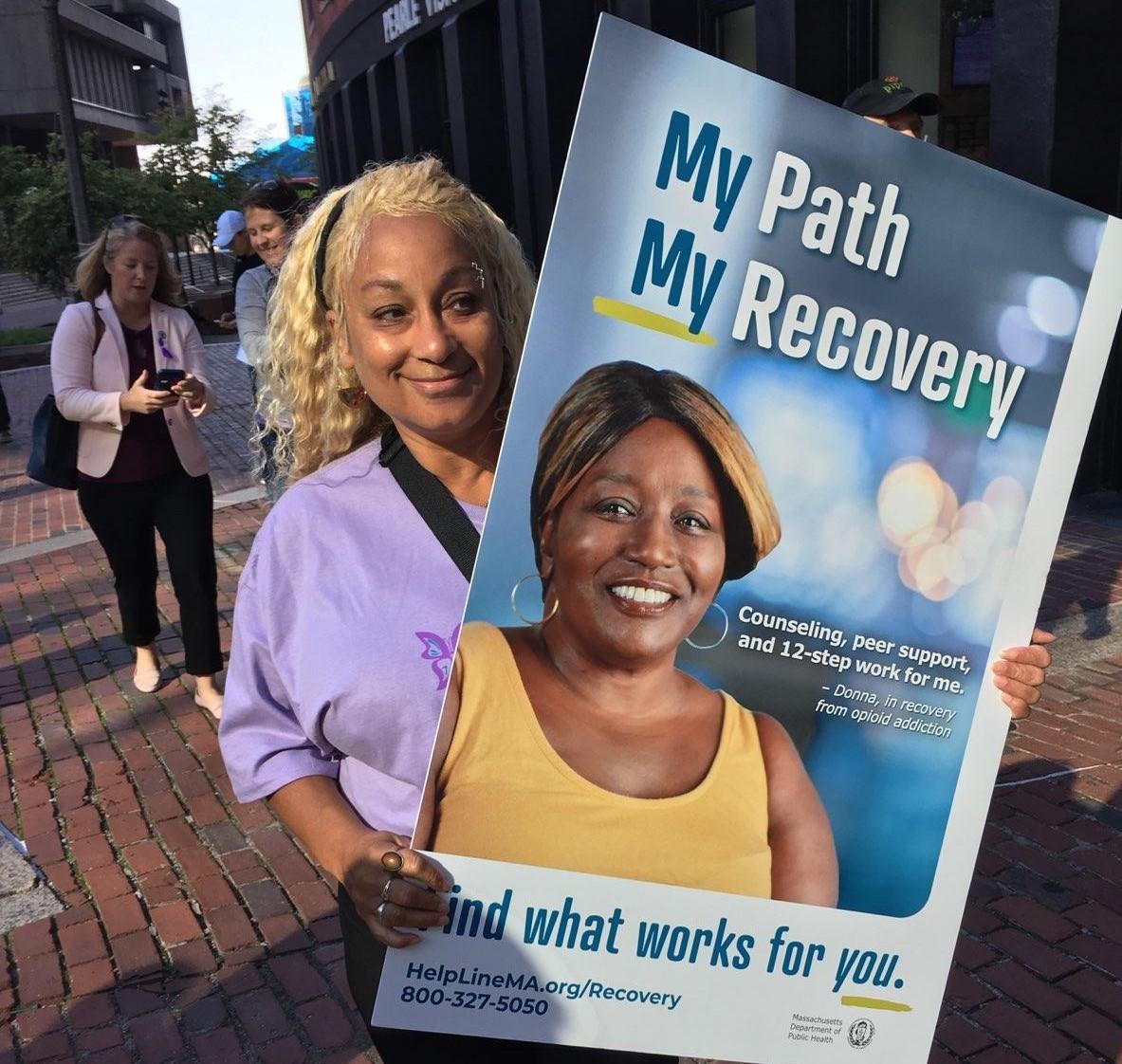 The voices for recovery j
oined
together
Monday, September 16, for a rally and march at Boston City Hall Plaza. The celebration continued throughout the day with events at Faneuil Hall and Quincy Market.
The voices for recovery j
oined
together
Monday, September 16, for a rally and march at Boston City Hall Plaza. The celebration continued throughout the day with events at Faneuil Hall and Quincy Market.
Image source: photo courtesy of Oce Harrison.
|
|
|
|
|
September is National Recovery Month
|
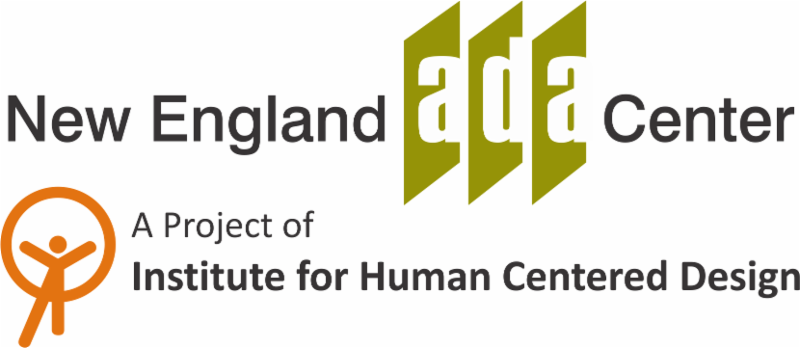 Did you know the Americans with Disabilities Act (ADA) protects people with addiction to alcohol and people in recovery from opioid and substance use disorders? This is a complex subject and we are continuing to develop resources exploring this topic. Visit our fact sheet The ADA, Addiction, and Recovery to learn more and stay tuned for additional recovery resources on the way!
Did you know the Americans with Disabilities Act (ADA) protects people with addiction to alcohol and people in recovery from opioid and substance use disorders? This is a complex subject and we are continuing to develop resources exploring this topic. Visit our fact sheet The ADA, Addiction, and Recovery to learn more and stay tuned for additional recovery resources on the way!
As always, our ADA specialists are here to help. Contact us at 1-800-949-4232 (toll-free voice or TTY) or email us at [email protected]
|
|
|
|
|
The Americans with Disabilities Act (ADA) Coalition of Connecticut (ADACC) 29th Anniversary Celebration
|
 ADACC celebrated the passage of the ADA at Mill Pond Park. The celebration took place during their summer concert series. ADACC Director, Bill DeMaio rallied the crowd to celebrate the ADA on stage with the group Daily Planet. Free ice cream was provided by the organization.
ADACC celebrated the passage of the ADA at Mill Pond Park. The celebration took place during their summer concert series. ADACC Director, Bill DeMaio rallied the crowd to celebrate the ADA on stage with the group Daily Planet. Free ice cream was provided by the organization.
Click here to learn more about upcoming ADACC events.
Bill DeMaio. Image source: photo courtesy of Joe Harvey.
|
|
|
|
|
Massachusetts Office on Disability (MOD) Municipal ADA Improvement Grant Program
|
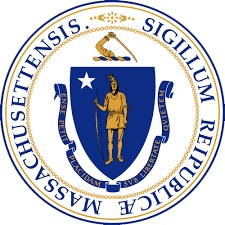 The program is an innovative and competitive grant program that provides both planning and project grants. The purpose of the project grants are to improve access to public programs, services, and activities for people with disabilities, while planning grants are for the creation or updating of self-evaluations and transition plans which identify areas with barriers in municipalities.
The program is an innovative and competitive grant program that provides both planning and project grants. The purpose of the project grants are to improve access to public programs, services, and activities for people with disabilities, while planning grants are for the creation or updating of self-evaluations and transition plans which identify areas with barriers in municipalities.
|
|
|
|
|
New Research Results Identify Challenges to Implementing the ADA Survey for Cities and Towns in New England
|

Did you know that only 7% of municipalities in the New England region are compliant with the ADA? The New England ADA Center published the results of our research study about the challenges that municipalities face in implementing the ADA.
|
|
|
|
|
The Massachusetts Office on Disability (MOD) Announces Their New Executive Director, Mary Mahon McCauley
|
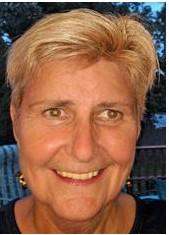
Mary has been a long-time advocate for people with disabilities. She has worked at the Massachusetts Rehabilitation Commission since 1989 in a variety of capacities. She brings her several years of experience as MRC's Area Director of the Downtown Boston Office to continue achieving the goals of MOD.
Mary Mahon McCauley. Image source: photo courtesy of MOD
.
|
|
|
|
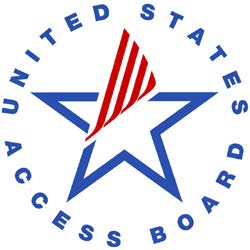
The U.S. Access Board is asking for public comments on recently released draft advisory guidelines for wheelchairs used on commercial aircraft during flight. The Board has posed a number of questions to the public, but welcomes input on all portions of the document. Comments are due October 21st, 2019.
|
|
|
|
|
Remembering Marca Bristo Advocate for People with Disabilities
|

Paralyzed in an accident at 23, she devoted her life to changing perceptions of the disabled and was a key player in passing the Americans With Disabilities Act.
"Without Marca's work over the last 30 years, the Americans with Disabilities Act would not be in existence and I would not be a U.S. Senator," Tammy Duckworth, a Democrat from Illinois and the first disabled woman elected to Congress.
Marca Bristo. Image source: photo courtesy of the New York Times by
Charles Dharapak.
|
|
|
|
|
Design Firm, HOK, Releases New Report Focuses on Designing Offices for a Neurodiverse Workforce
|
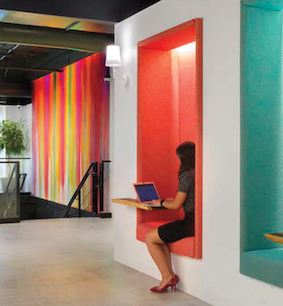 Scientists are learning more about the natural range of variation in human cognition. Investigations have given rise to the concept of "neurodiversity," for people who aren't neurotypical. Emphasizing inclusion and choice is a key component
. Scientists are learning more about the natural range of variation in human cognition. Investigations have given rise to the concept of "neurodiversity," for people who aren't neurotypical. Emphasizing inclusion and choice is a key component
.
Image source: photo courtesy of the Building Design and Construction.
|
|
|
|
|
Research Snapshot: Rural Transportation Options
|
 Nearly 30 years after the passage of the Americans with Disabilities Act people with disabilities still report transportation as a significant barrier. This is especially true in rural communities where public transit may be inaccessible, unaffordable, inappropriate, or not available. While many unique solutions exist, there is a lack of evidence about how people use them and how they impact the health and well-being of people with disabilities.. Nearly 30 years after the passage of the Americans with Disabilities Act people with disabilities still report transportation as a significant barrier. This is especially true in rural communities where public transit may be inaccessible, unaffordable, inappropriate, or not available. While many unique solutions exist, there is a lack of evidence about how people use them and how they impact the health and well-being of people with disabilities..
Image source: image courtesy of pxhere.
|
|
|
|
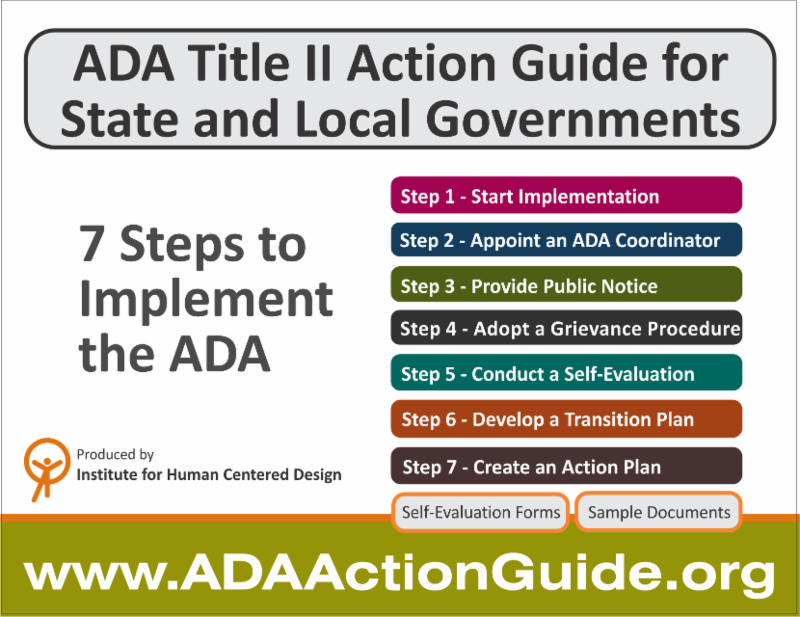
State and local governments (public entities) have obligations under Title II of the ADA to provide people with disabilities an equal opportunity to participate in all services, programs and activities. The ADA Action Guide leads public entities through a process to compliance with the ADA.
|
|
|
|
Answer to the ADA Question of the Month
|
Answer:
No, the town should hold the meeting in an accessible space. Public entities must ensure that people with disabilities are not excluded from programs, services, or activities because facilities are inaccessible. There is no "grandfather" clause that exempts old facilities. Programs, services, and activities, when "viewed in their entirety" must be readily accessible to and usable by people with disabilities. This is known as program accessibility
. Learn more about program accessibility in our ADA Title II Action Guide.
|
|
|
|
|
|
|
 |
|
|